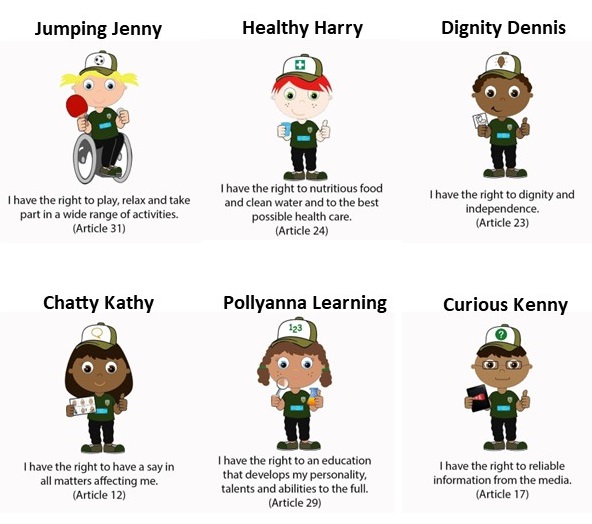Rights Respecting Schools
Woodlands School is a Rights Respecting School
What is a Rights Respecting School?
The ‘Rights Respecting School’ promotes the UN convention on the rights of a child. This is an integral part of Woodlands School’s ethos and vision. RRS supports children in becoming global citizens and supports our belief that children achieve most when they feel included and valued.
We want students at Woodlands School to learn about their rights and feel empowered about their education.
We recognise that rights and responsibilities are equally balanced and encourage our students to take responsibility for their actions in order to develop an awareness of how they might affect the rights of others.
The aim is to help students achieve their potential and become responsible citizens.
We recognise that some pupils have significant communication impairments which potentially limits their opportunity to play an active role in school life. However we are 100% committed to ensuring that all pupils are involved in all aspects of school life. Therefore, we are fully committed to using a range of communication support programmes and using parents as advocates to ensure that everyone is listened to.

What are the key principles of the UN Convention on the Rights of the Child?
The UN convention consists of 54 articles in total, with each article referring to a right. UNICEF uses the UNCRC as a framework for its work for all the world's children and has developed the Rights Respecting School Award (RRSA).
At Woodlands School, we cover many of the rights during lessons with the students and through involvement with UNICEF we have a Rights Respecting ethos throughout the whole school. We received our Silver Award in July 2020 and recently received our Gold Award (July 2022).

The main rights we use in school are:
- Article 12: The right to have a say in all matters affecting them;
- Article 17: Every child has the right to reliable information from the media;
- Article 23: The right to dignity and independence;
- Article 24: The right to nutritious food and clean water and to the best possible health care;
- Article 29: The right to an education that develops every child's personality, talents and abilities to the full;
- Article 31: The right to play, relax and take part in a wide range of activities.
We have 6 school characters to represent the 6 main rights for our school.
Our students helped to design the characters and chose the names:

What can parents and carers do to help their children at home?
- Allow your children to take on small responsibilities at home.
- Talk to your children about what rights they have.
- Talk to your child about matters affecting them and take their views seriously.
- Watch the news with your children and talk about issues they may have seen or heard.
- Provide healthy food and snacks and teach your children the importance of healthy eating.
For more information on Rights Respecting Schools please see the UNICEF website:
http://www.unicef.org.uk/rights-respecting-schools/
